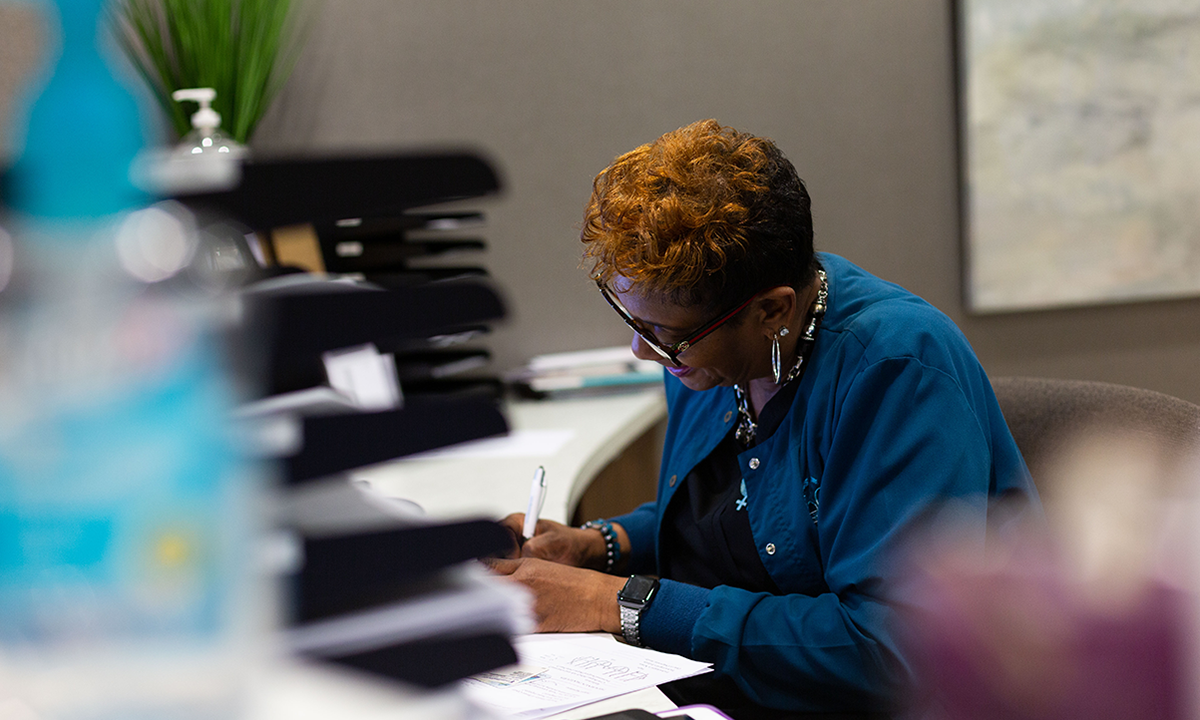
Documenting telephone encounters should be treated with the same level of importance as documenting in-person visits. Telephone conversations, particularly those that occur after-hours, are a major area of liability risk. The advice given to a patient over the telephone often becomes crucial to his or her continued care. It may also be vital in the event of a medical malpractice claim. Therefore, all telephone conversations with patients, regardless of when they are received, should be documented in the patient’s medical record - both for continuity of medical care and for the defense of a potential malpractice claim. Documentation should provide a clear picture of what information was given to the patient, including follow-up instructions and information specifying when to seek emergency care. Documentation such as “spoke with patient” is not as complete as a detailed note and may hinder continuity of care and defensibility in the event of a claim.
In most cases, undocumented conversations become a “he said/she said” dispute and prolong a claim’s resolution. A note recorded in the medical record on the front end can save a lot of heartache on the back end. In many cases, contemporaneous documentation of the provider’s instructions would have greatly aided in the defense of a malpractice claim against the provider.
Contemporaneously documenting care is particularly crucial when documenting after-hours. Calls from a patient outside of normal office hours are often of a serious nature. Without contemporaneous documentation, the physician must rely on memory to recall the advice or recommendation given. At a minimum, the following types of phone calls need to be contemporaneously documented in the medical record:
To assist in the documentation of relevant phone call information, SVMIC provides phone call record forms free for members. Request them here.
The contents of The Sentinel are intended for educational/informational purposes only and do not constitute legal advice. Policyholders are urged to consult with their personal attorney for legal advice, as specific legal requirements may vary from state to state and/or change over time.